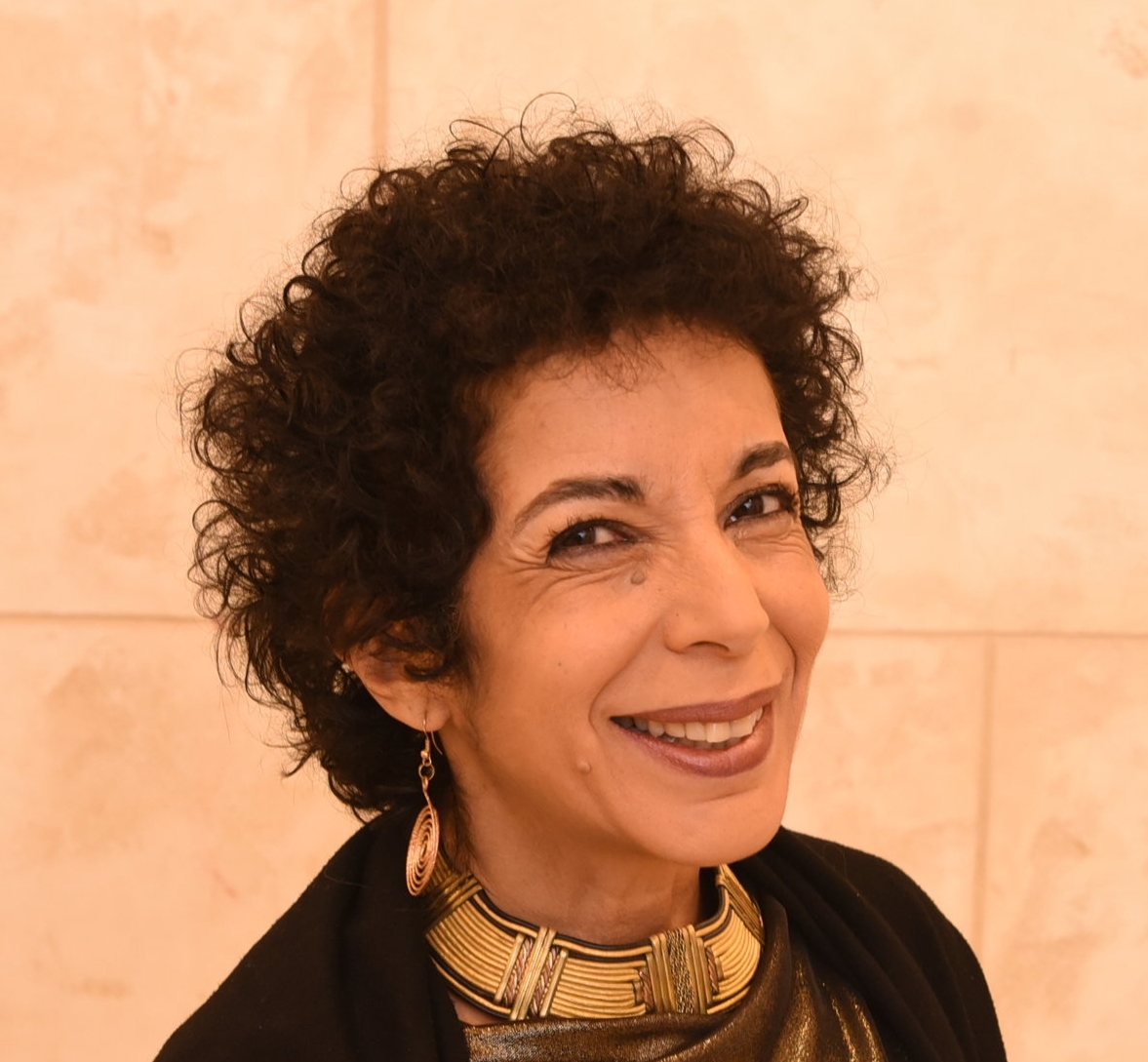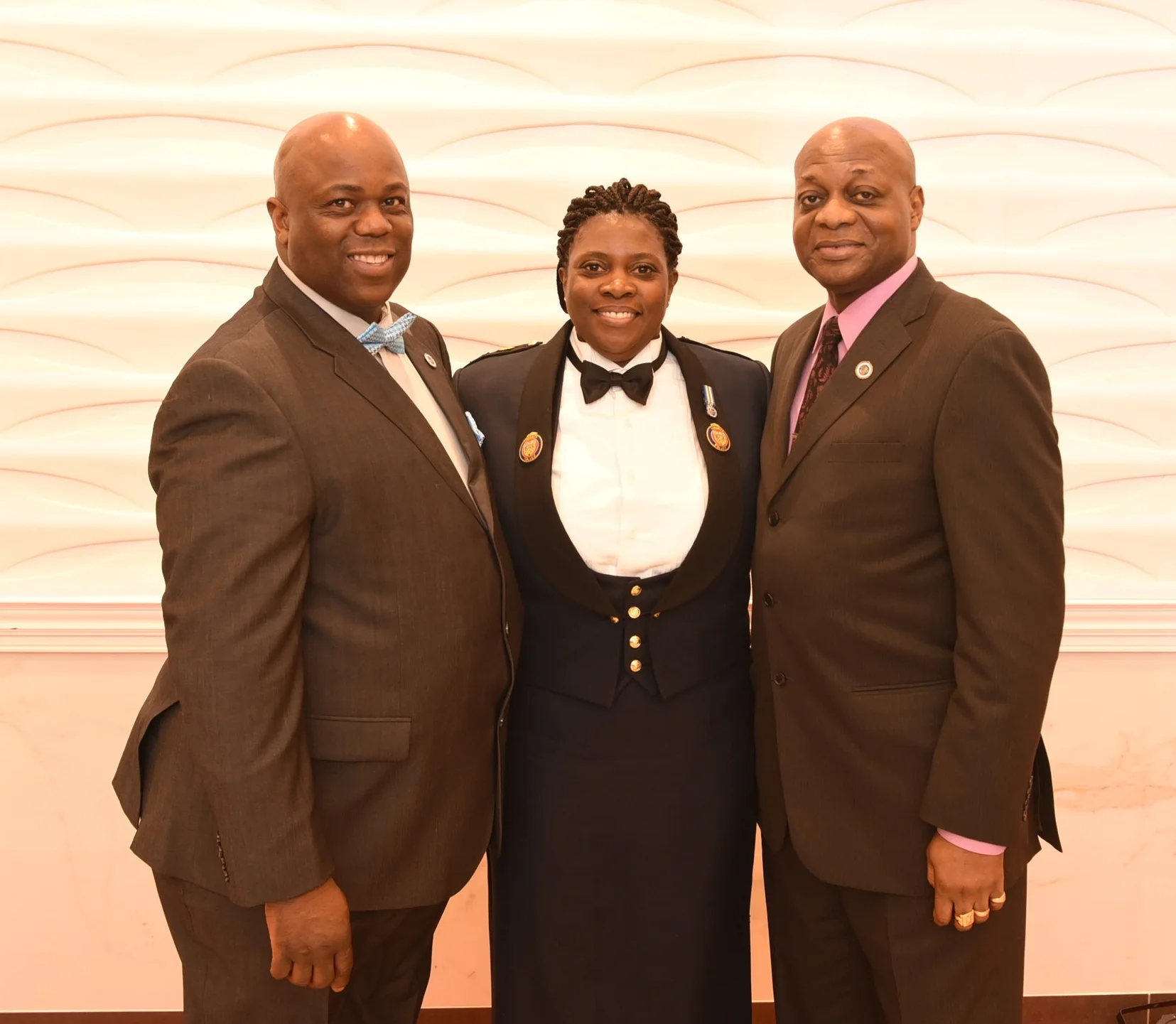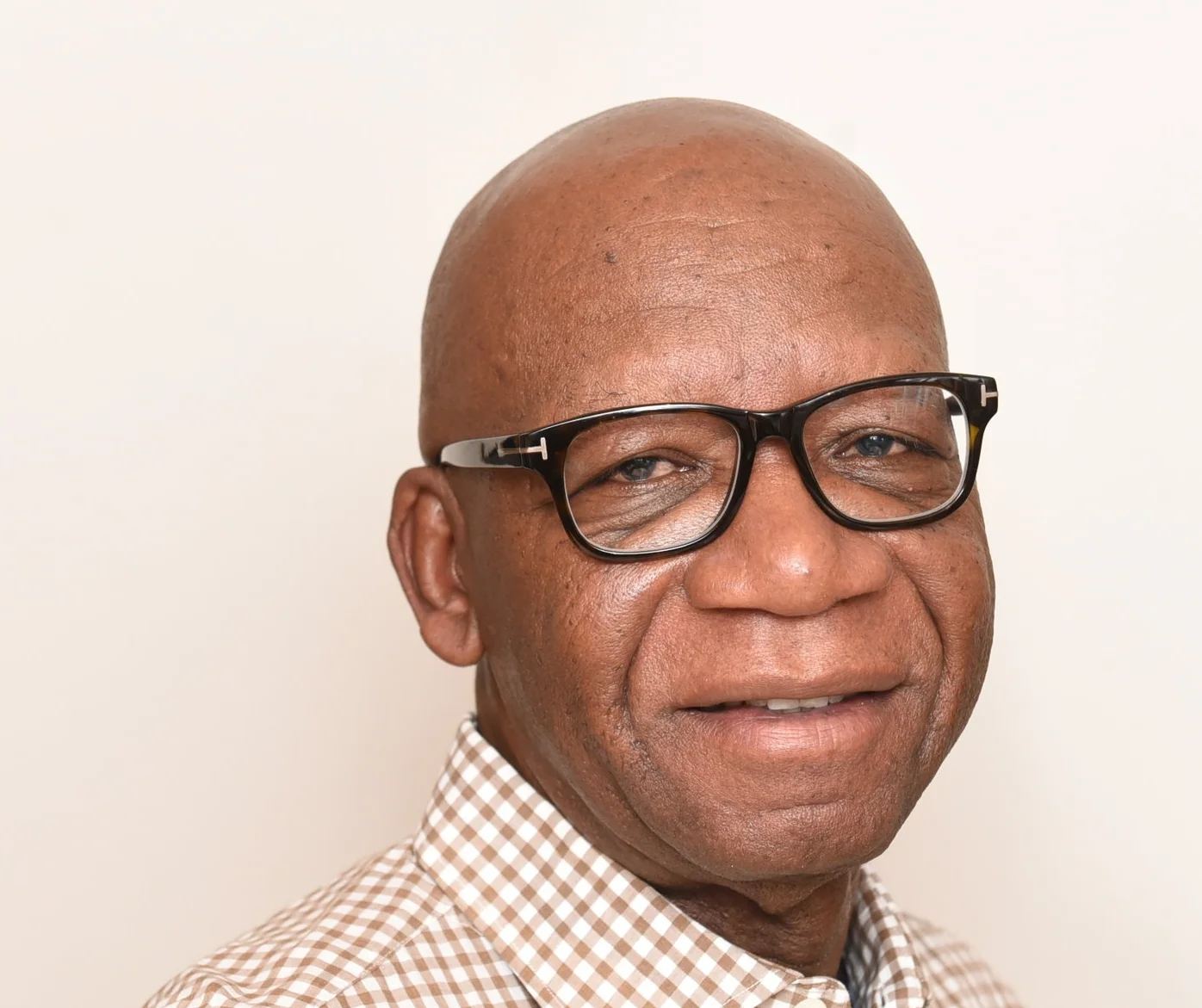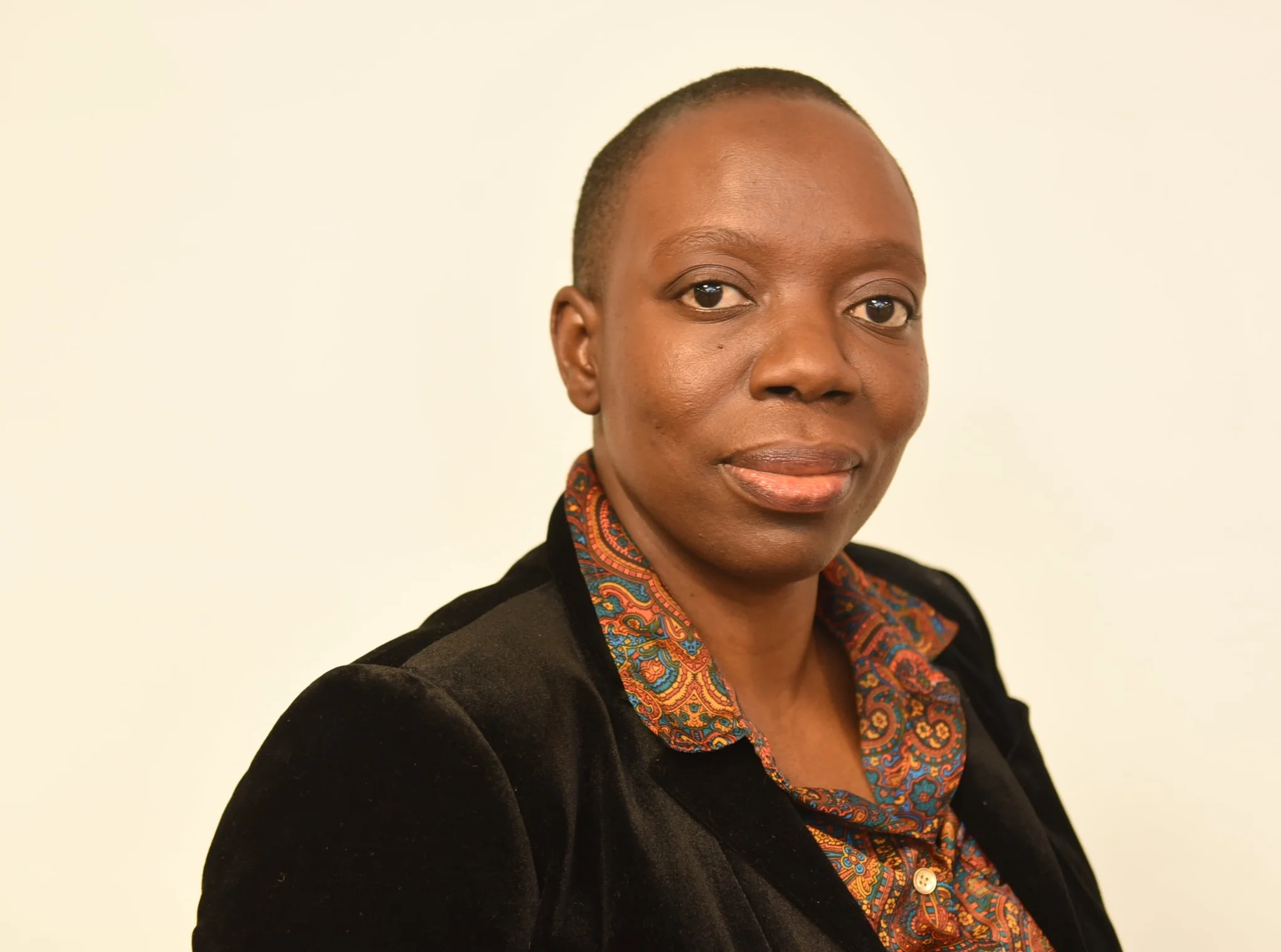Awards recognize women who are making a difference
March 15, 2018
Aspiring to be an equestrian, Josephine Grey was constantly reminded it would never happen because of her skin colour and low income status.
Setting her sights on becoming an actress, she was then told she couldn’t be cast because of her ambiguous mixed race heritage.
“I realized very early how discrimination works,” said Grey who was recognized for her community development service at the International Woman Achievers Awards (IWAA) ceremony in Toronto last Friday night. “Being a person of mixed race and ambiguous ethnicity, it can come at you from all angles unexpectedly.”
The product of a White mother raised in Uganda and a Jamaican father she never met, Grey – an only child – relocated from England at age 12 and faced racism in the United States where she spent four years while her stepfather was attending Yale University.
Subjected to racial insults in school in Connecticut, Grey was excited when she learnt her family was coming back to Toronto in 1968 because she thought she would no longer have to deal with discrimination.
She was wrong.
Racism exists here even though it might be subtle.
Figuring that meaningful change could only be effected from a position of strength, Grey successfully sought the student council presidency at SEED Alternative School and was one of the early advocates for educational and cultural programming related to the Black experience.
“What we were taught was inaccurate and it undermined the sense of Black identity,” she said. “I knew that. My mother’s first language was Swahili and she taught me not to allow racism to undermine me. I am proud of my heritage and I clearly understand then and now that racism is usually the product of ignorance and mis-education.”
The sting from racism isn’t the only pain Grey has been subjected to.
The mother of three children at the time found herself in an extremely abusive relationship.
“My children’s father was of African and Native descent from Canada’s east coast,” she said. “When I got into the relationship, I had no idea really what I was doing. I think the legacy of trauma and oppression really played out for him and his family. He was unfortunately quite abusive. I think it was a violence born out of pain and I understood. At the same time, I couldn’t necessarily endure it.”
In 1986, Grey co-founded Low Income Families Together (LIFT) to make recommendations to the Thomson Social Assistance Review Committee on a portable children’s benefit, consumer participation in policy development and evaluation and supports for employment while on assistance.
Homeless for nine months in 1989 and residing in a shelter with her children after being forced out of the matrimonial home by her abusive partner whose name was on the lease, Grey sought legal aid to have him removed from the home so she and her kids could return. However, her request violated social housing policy at the time and she didn’t have the financial resources to hire a lawyer.
Faced with staying in an abusive home or living in shelters with her children, Grey – who was eligible for legal representation through the legal aid certificate program – was matched with lawyer Patrick Casey who helped take her case to the Superior Court, which ruled that victims of domestic violence abuse could retain their homes and have their abuser removed regardless of who originally signed the lease.
The human rights advocate and community organizer is helping to co-ordinate the 17th North American Basic Income Guarantee Congress (BIGC) in Hamilton in May. The timing is significant since Hamilton is one of three Ontario communities chosen for a three-year basic income pilot project to evaluate whether providing more money to people on public assistance or low incomes will make a marked difference in their lives.
“We are really pushing to ensure that the basic income pilot becomes policy for everyone,” said Grey who attended last year’s BIGC in New York. “I am convinced that for people of colour, particularly in the arts and those doing activism and community work, this is a critical and vital step forward. We have to do a lot to change our society and economy and to survive climate change. We are not going to be able to do it if people can’t have any choices and they don’t have any time. So I think a basic income is a key step and it will also help to bring about equality.”
Grey, who has a Master’s in Environmental Studies and was the driving force behind the establishment of Project Esperance which is a housing unit with 111 spaces for survivors of domestic violence, is also the project lead for OASIS (Organic Aquaponic Symbionic Integrated Systems), a climate-resilient food security pilot project in the St. James Town.
“I have been working very hard on this project and it’s starting to gain some traction,” she said. “I just got a grant to design it…One of the things I have discovered in my long life is perseverance pays off. I get to do what I believe in and I follow my purpose. I have never had much wealth, but I have a wealth of experience, of travel and of meeting wonderful people. I think that is more precious than any bank account can ever be.”
She dedicated the award to her ailing mother, Pamela Williams.
“My mom is dying and it’s very hard for me,” Grey, the co-ordinator, author and presenter of the Ontario People’s Report to the United Nations Committee on Economic, Social & Cultural Rights in 1998, noted. “She is a very unique lady. Though she is White, she was raised mostly by Africans and she has a very different perspective. She taught me to be proud of Africa and understand the continent in a way that very few people in North America get to. She raised me with my eyes wide open and I wouldn’t have been able to do the work I am doing now had it not being for her.”
Event planner and community worker Princess Boucher, who was a municipal candidate for Brampton City Council in 2010 and York West four years later, established the IWAA in 2011 to honour female achieves and showcase their accomplishments.
Toronto Police inspector Sonia Thomas was the recipient of a Lifetime Achievement Award.
Association of Black Law Enforcers founding president David Mitchell (l) and current president Kenton Chance presented the Lifetime Achievement Award to Inspector Sonia Thomas
Thomas joined Canada’s largest police service in 1986 after responding to a subway advertisement for officers.
The Oakwood Collegiate Institute graduate started her law enforcement career at 13 Division in the Primary Response Unit before moving to headquarters to work in the recruitment office. She also was assigned to 54 Division before being promoted to sergeant in 2001 and staff sergeant six years later.
When now retired deputy chief Keith Forde was appointed the training college’s unit commander in January 2003, he recruited Thomas – born in Toronto to Jamaican parents – to work for him.
It was Forde who encouraged her to apply for the senior rank position which she attained seven years ago.
“If anyone had told me 32 years ago that I would be receiving a Lifetime Achievement Award, I would have told them they were out of their mind,” said Thomas. “When I joined, there was only one other Black woman (retired officer Terry James). A few small steps have been made recently with the promotion of Black women to senior ranks, but we still have a long way to go.”
Chief Mark Saunders and Superintendent Shaun Narine attended the event to support Thomas.
Chief Mark Saunders (r) and Superintendent Shaun Narine with Inspector Sonia Thomas
“Sonia is one of those persons who understand relationships which is key in the work we do,” said Saunders. “It’s one of the most critical pieces in order for us to move forward. The fact that there are external entities that recognize her work in fostering relationships and her other sterling contributions to the Service and the community she serves is very worthy.”
Other honourees included Dr. Dionne Duncan who is the Progressive Conservative party Hamilton Centre candidate in the forthcoming provincial elections, development planning & policy consultant Dr. Marlyn Morris and Member of Parliament Celina Caesar-Chavannes.








